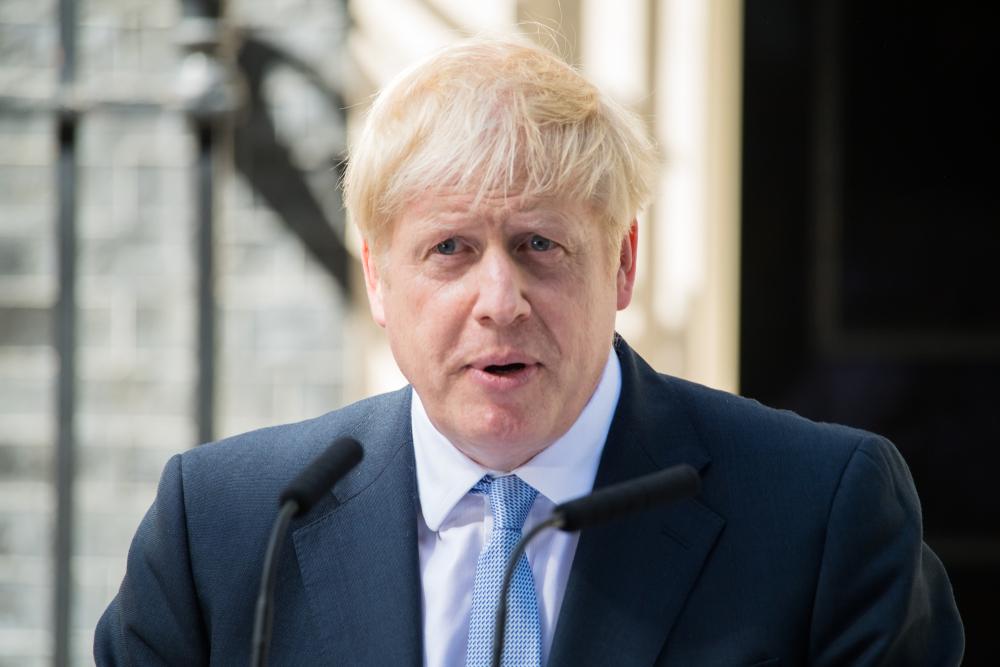UK prime minister Boris Johnson spoke on Times Radio on Monday, and stated that the UK would face “bumpy times” and that Coronavirus had been an “absolute nightmare” for the country. Aside from the inevitable discussion about the government’s handling of the pandemic, there was also talk about whether Mr Johnson would stay true to his big-spend budget announced in February.
On this matter, the prime minister said that returning to austerity “would be a mistake”, and said his government would instead opt for “doubling down” on its existing plans to ‘level-up’ the economy and infrastructure. As part of this “bounce forward”, Boris has now committed £1 billion to 50 school projects and £560 million for school repairs, over the next decade.
In order to recover from the economic shock of the virus, Johnson said that the UK requires a similar effort to the one seen in the US under President F.D. Roosevelt, with the New Deal reigniting the economy following the Great Depression in the 1930s.
In the interview, the PM commented:
“This is the time to invest in infrastructure, this is the time to make those long-term decisions for the good of the country,”
“You have to be careful and the chancellor will be setting out our plans in the spending review in the autumn.”
“But in the end what you can’t do at this moment is go back to what people called austerity, it wasn’t actually austerity but people called it austerity, and I think that would be a mistake.”
“I think this is the moment for a Rooseveltian approach to the UK.”
Speaking during his announcement of schools reopening, Boris Johnson said the recovery would be driven by an “activist, interventionist approach”.
He continued, saying that this approach would “get businesses to be confident, to start investing, to start taking people back on and start creating new jobs and driving new growth”.
Fiscally and monetarily prudent commentators will no doubt have many words of wisdom for the PM, and add that while throwing money at a problem may make it hurt less today, it could cause additional and very real problems down the road.
That being said, if the PM’s plan is to reopen the economy in earnest, then a commitment to spending is certainly the right way to double down on rapid recovery. Mr Johnson’s plan is not so much slow and steady, as boost confidence and hope for a rapid return to strong liquidity.
Aside from anything else, a commitment to spending is probably the right move politically. Not only does it take the cards out of Labour’s hands (they can hardly promise to spend more) but it will also satisfy key areas of support such as the former ‘red wall’, who voted for Boris’s vision of national potential, opportunity and rebuilding.

